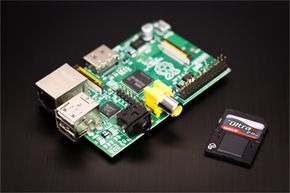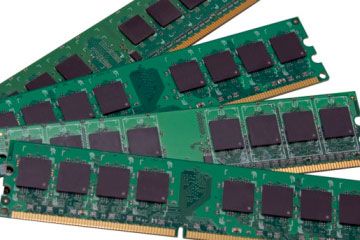In the mid-2000s, several members of the Computer Laboratory at the University of Cambridge noticed two disturbing trends: Fewer students were seeking enrollment in the computer science (CS) program, and the ones who did apply had scant programming knowledge compared to prospective students of the previous decade. At best, these new applicants might have done some Web development, but programming experience was becoming rare.
What was the difference between the aspiring CS majors of the 2000s versus those of the 1990s? The Cambridge academics recognized several possible causes, including societal issues involving education and the economy that would take massive efforts to correct. One of the culprits, however, was something they thought a handful of people could tackle. Children and adolescents in earlier generations had access to easily programmable home computers that the newer applicants they were seeing did not.
Advertisement
This programming deficiency is beginning to affect both the scholarly and the working worlds. Students are coming in with little or no exposure to programming, requiring remedial teaching efforts [sources: Stross, Tucker]. The U.K., the U.S. and other countries have reported declining numbers of CS graduates over the 2000s, and shortages of qualified IT workers are occurring globally [sources: Africa News, Devaney, Devlin]. The U.K., once a major contender in the gaming industry, is already falling behind in this sector, and the fear is that a continuing shortage will hurt the country's competitiveness and future innovation. This trend will doubtless hold true for other countries, too.
Despite a struggling world economy, demand for IT workers remains strong, and even greater demand is likely as our appetite for technology increases. Imagine a future with fewer of the digital services and ever-improving, computer-driven conveniences that we've come to expect. Who will make the cutting-edge video games, self-driving cars and housecleaning robots of the coming years?
In an effort to reverse the situation, Eben Upton (then a member of the Cambridge Computer Science department); Rob Mullins, Jack Lang and Alan Mycroft of Cambridge; Pete Lomas of Norcott Technologies; and David Braben, co-author of the famous BBC Micro game Elite, teamed up in 2006 to found the Raspberry Pi Foundation. This charitable organization's primary goal is to create low-cost, programmable computers and to get them into as many hands as possible, particularly those of children. Their price goal was $25 per device (around the cost of a textbook), with the choice of a slightly more expensive and enhanced model.
In 2012, the foundation's work came to fruition with the creation of the Raspberry Pi, a credit card-sized, low-cost but fully functional and programmable computer with modern high-definition multimedia capabilities. It may be the device that gets us back to computing basics.



